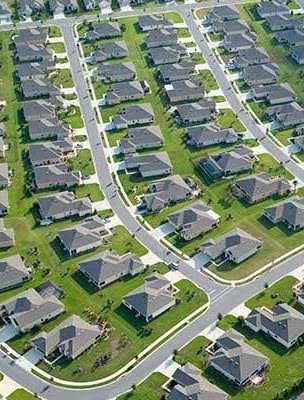
I have two sons in high school and have been noticing how much of their time and energy is spent balancing a desire to fit in while at the same time being different. We all want the benefits of acceptance and belonging, but at the same time we want to be seen as individuals with special, unique qualities. We carve out an identity within our family and friends largely by calibrating these two divergent desires. I have also come to believe that most of us never evolve beyond junior high in this regard.
We merely learn to mask and rationalize our true motivations with greater sophistication. I am not suggesting this is a good thing – just an observation. Regardless, these opposing forces have a great influence on our decisions and ultimately impact the way we live our lives.
There was a recent study done with young lawyers regarding the cars they purchase. Apparently, many of these professionals favor BMWs. However, they spend a great deal of time selecting their options, from the many colors and features BMW offers, to make their vehicle special. The lawyers were asked how they would feel if the day after they ordered their new BMW, they discovered a colleague had ordered the exact same car with the exact same color and features. Predictably, the majority shared that it would be deeply disappointing – devastating. The fascinating part of this study is they repeated this same experiment with laborers purchasing pick-up trucks. Conversely, the laborers got excited about a friend or someone they knew having the exact same vehicle.
They felt it was confirmation that they made a good decision and one participant even suggested they could start a truck club. This surprising variation in response has been studied further and the findings suggest that one’s desire to differentiate correlates in some way with income and status.
I will confess that I have always had a bit of disdain for cookie-cutter suburban developments like the one shown here. I thought it was a product that lacked imagination, being pushed by an industry that suppressed individualization in order to maximize profit. I thought the market place had distorted our innate human need to express our uniqueness by limiting people’s housing choices. Perhaps I was wrong. Maybe these developments, within particular price points, expertly address peoples’ need to balance our two conflicting desires. Understanding people’s deep motivations and behaviors can keep us honest and prevent us from thoughtlessly imposing our values and perspectives on others as if they were universal truths.
